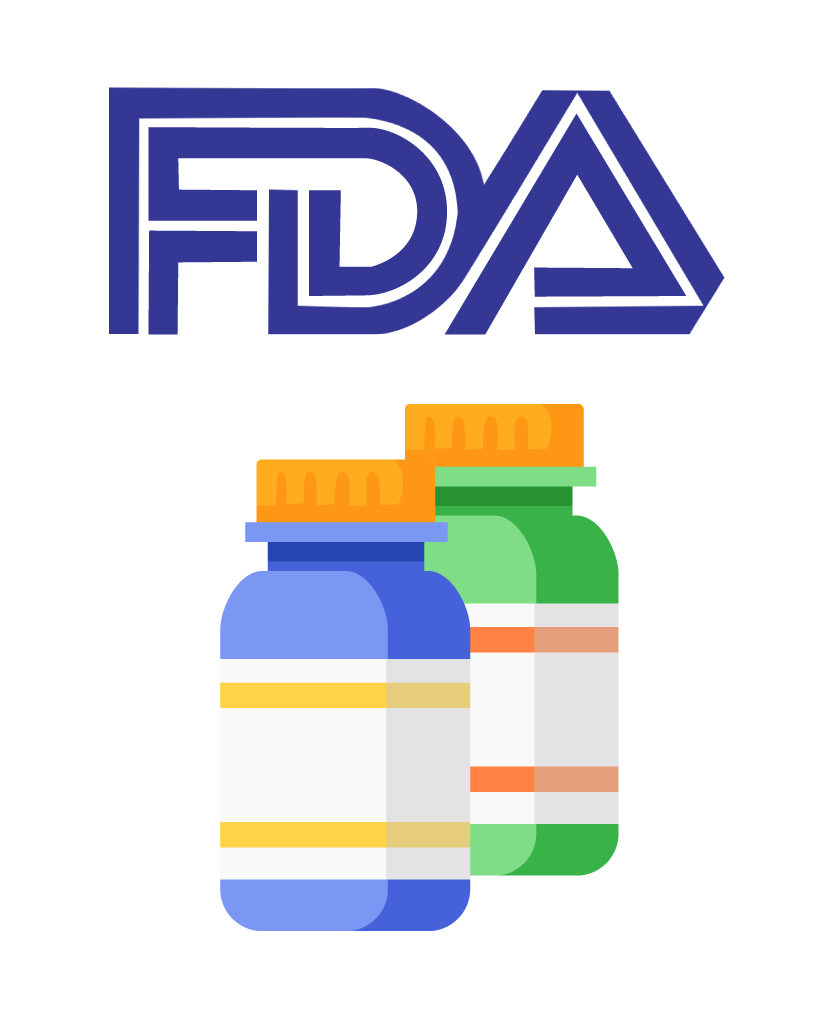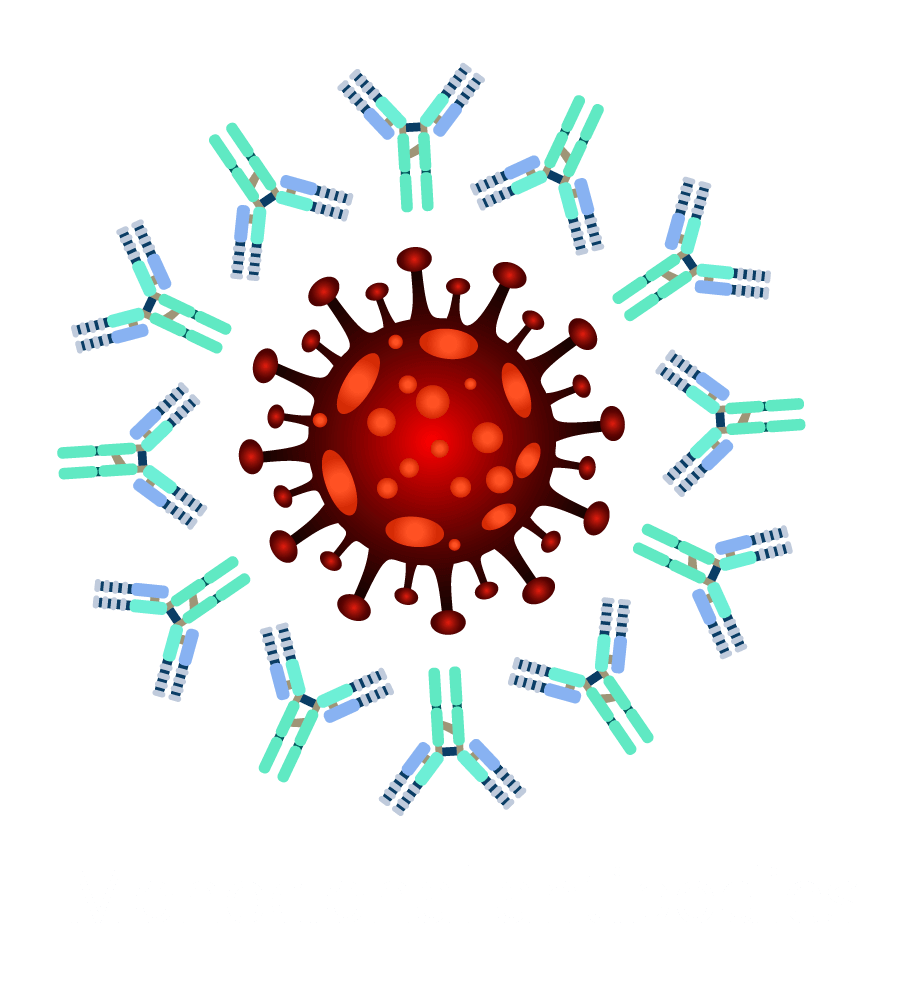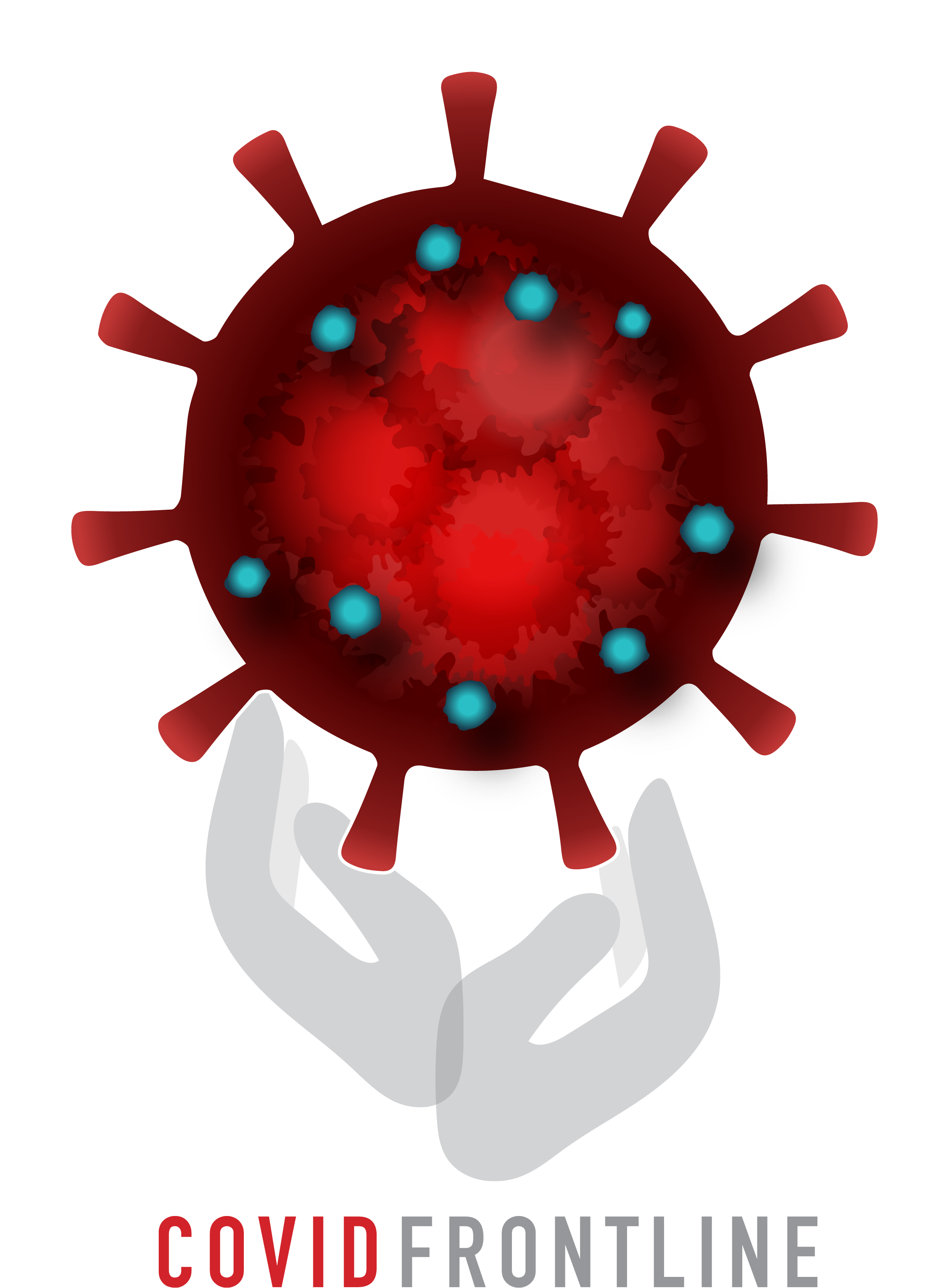
Other than vaccines, there are currently no therapies approved or authorized for emergency use for prevention of COVID-19.
At the beginning of the pandemic, there was a lot of buzz around hydroxychloroquine as a preventive agent for both pre-exposure prophylaxis among healthcare workers and post-exposure prophylaxis for healthy household contacts; however, clinical trials to date have failed to show its clinical benefit.1–5 Ivermectin is another agent that was of interest for COVID-19 prevention early in the pandemic. One form of this drug is approved to treat parasitic worms in humans, and other forms are used to treat or prevent parasites in animals. It is not an antiviral agent. In fact, the Food and Drug Administration has issued a warning against the use of this drug for the prevention of COVID-19 after several reports of people needing medical support after self-medicating with it. Studies of ivermectin for SARS-CoV-2 are ongoing, and it should only be used exactly as prescribed in the setting of a clinical trial.6
Supplements such as zinc, vitamin C, and vitamin D are another area of interest in COVID-19 prevention. Although they are believed to reduce the duration and severity of viral infections by boosting the body’s immune response, they too have failed to demonstrate efficacy for prevention and treatment in randomized controlled trials.7,8
Monoclonal antibodies approved under emergency-use authorization for the treatment of COVID-19 are also being investigated as prophylaxis. Preliminary data of a phase 3 trial of casirivimab-with-imdevimab COVID-19 monoclonal- antibody therapy suggest that a low-dose of this combination can reduce the risk of symptomatic infection in people after exposure to someone diagnosed with SARS-CoV-2 in their home.9 This antibody cocktail is currently approved for non-hospitalized people with mild- to-moderate COVID-19 at high risk of progressing to more severe symptoms of the disease.10
Several ongoing clinical trials continue to investigate these and other pharmacological agents, supplements, and nutraceuticals, including antiretroviral drugs, omega 3 polyunsaturated fatty acids, and probiotics.11–13

References
- Abella BS, Jolkovsky EL, Biney BT, et al. Efficacy and safety of hydroxychloroquine vs placebo for pre-exposure SARS-CoV-2 prophylaxis among health care workers: a randomized clinical trial. JAMA Intern Med. 2021;181:195-202.
- Barnabas RV, Brown ER, Bershteyn A, et al. Hydroxychloroquine as postexposure prophylaxis to prevent severe acute respiratory syndrome coronavirus 2 infections: a randomized trial. Ann Intern Med. 2021;174:344-352.
- Boulware DR, Pullen MF, Bangdiwala AS, et al. A randomized trial of hydroxychloroquine as postexposure prophylaxis for COVID-19. N Engl J Med. 2020;383:517-525.
- Mitjà O, Corbacho-Monné M, Ubals M, et al. A cluster-randomized trial of hydroxychloroquine for prevention of COVID-19. N Engl J Med. 2021;384:417-427.
- Rajasingham R, Bangdiwala AS, Nicol MR, et al. Hydroxychloroquine as pre-exposure prophylaxis for COVID-19 in healthcare workers: a randomized trial. Clin Infect Dis. 2020; Oct 17: Epub ahead of print.
- Food and Drug Administration (FDA). Why you should not use ivermectin to treat or prevent COVID-19. (www.fda.gov/consumers/consumer-updates/why-you-should-not-use-ivermectin-treat-or-prevent-covid-19) Accessed 4/20/2021.
- Jayawardena R, Sooriyaarachchi P, Chourdakis M, Jeewandara C, Ranasinghe P. Enhancing immunity in viral infections, with special emphasis on COVID-19: a review. Diabetes Metab Syndr. 2020;14:367-382.
- Thomas S, Patel D, Bittel B, et al. Effect of high-dose zinc and ascorbic acid supplementation vs usual care on symptom length and reduction among ambulatory patients with SARS-CoV-2 infection: the COVID A to Z randomized clinical trial. JAMA Netw Open. 2021;4:e210369.
- Regeneron press release. Phase 3 prevention trial showed 81% reduced risk of symptomatic SARS-CoV-2 infections with subcutaneous administration of REGEN-COV™ (casirivimab with imdevimab). (https://investor.regeneron.com/news-releases/news-release-details/phase-3-prevention-trial-showed-81-reduced-risk-symptomatic-sars) Accessed 4/20/2021.
- FDA. Fact sheet for health care providers Emergency Use Authorization (EUA) of casirivimab and imdevimab. (www.regeneron.com/downloads/treatment-covid19-eua-fact-sheet-for-hcp.pdf) Accessed 4/20/2021.
- Alavian G, Kolahdouzan K, Mortezazadeh M, Torabi ZS. Antiretrovirals for prophylaxis against COVID-19: a comprehensive literature review. J Clin Pharmacol. 2021;61(5):581-590.
- Hathaway D, Pandav K, Patel M, et al. Omega 3 fatty acids and COVID-19: a comprehensive review. Infect Chemother. 2020;52:478-495.
- Olaimat AN, Aolymat I, Al-Holy M, et al. The potential application of probiotics and prebiotics for the prevention and treatment of COVID-19. npj Sci Food. 2020;4:17.

